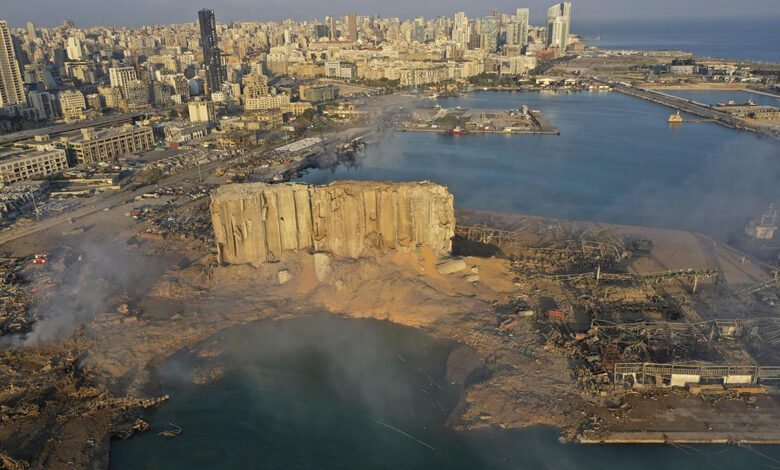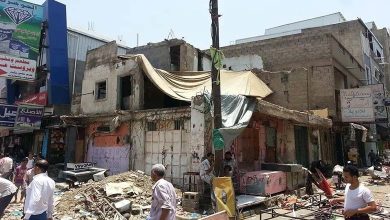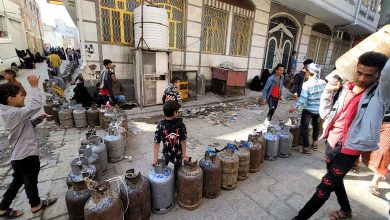Highest level of the oil since early March after an explosion in the main port of the capital Beirut

On Wednesday, oil mounted to the highest level since early March after an explosion in the main port of the capital Beirut, stoking fears over instability in the region.
John Kilduff, a partner at Again Capital LLC said that the tensions are high and that just kind of puts a fine point on it, adding: Looks like there’s going to be a draw in crude oil again, so we got that support as well.
Lebanon is really living under its worst financial and economic crisis, with an immense decrease in its local currency eroding purchasing power and throwing many into poverty and unemployment. Analysts ascribed the increase of the price mainly on a drop in US crude inventories and the weak dollar, however, the rise of coronavirus infections also affected the demand outlook.
Tom Finlon of GF International: We’re starting to see a trend emerge of diminishing crude oil stocks in the United States, adding: What this may mean is that OPEC+ has an emerging capability to perhaps accurately regulate the production of crude and link it to demand.
Brent crude was increased to $1.50, or 3.4 percent, at $45.93 a barrel by 1345 GMT, whereas West Texas Intermediate oil raised $1.51, or 3.6 percent, to $43.21 a barrel. In fact, the two contracts gained over 4 percent earlier in the session.
The American Petroleum Institute noted that the Crude inventories of the US decreased 8.6 million barrels in the week to August 1 to 520 million barrels, in comparison with the expectations of analysts for a 3 million barrel drop. Besides, the official figures are due on Wednesday, and a weaker dollar, which makes oil cheaper for holders of foreign currencies, also backed the prices.
Senior OANDA analyst Craig Erlam reported: There’s no escaping the benefits of a weaker dollar in the commodity space and oil is certainly basking in its decline.
Furthermore, the data of US factory of this week also revealed amelioration in orders, and this some analysts took as a hint of economic recovery. The Composite Purchasing Managers’ Index from IHS Markit reported on Wednesday that the business activity of the Euro zone returned to modest growth in July as some curbs imposed to stop the propagation of the coronavirus.
This rising of prices comes against the rise of coronavirus cases which could threaten a recovery in fuel demand. And according to a Reuters tally, with the United States, Brazil, India and Mexico leading the rise in fatalities: Global coronavirus deaths surpassed 700,000 on Wednesday,
JBC Energy said: We see gasoline demand coming in close to 7 percent year-on-year lower through Q3, with gasoil/diesel registering a decline of some 4 percent, implying a continued slowdown of the recovery, with a global return to 2019 levels this year increasingly in doubt. The consultancy said that the fuel demand down 50 percent year on year lower through the third quarter.












